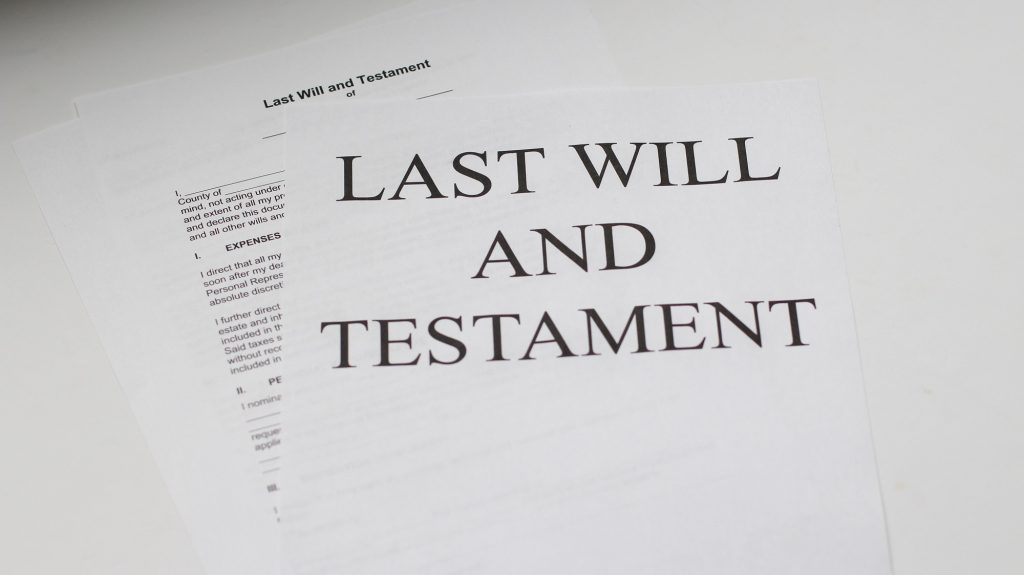Estate planning is an important part of ensuring that your assets and property are passed on to your desired beneficiaries according to your wishes. However, it can be a complex process, and making a mistake can have costly consequences.
Today, we’ll look at a couple of common estate planning mistakes that you should avoid:
Mistake 1. Having Just a Will
Estate planning is an important part of preparing for the future and making sure your wishes are known after you’re gone. A will is a document that outlines how a person’s assets and properties should be distributed after they pass away. Still, it is not the only document necessary for an effective estate plan. Other documents, such as living trusts and healthcare directives, should also be taken into account to make sure that all of a person’s needs are fully covered.
Mistake 2. Forgetting to Update Your Estate Plan
It is important to review your estate planning documents periodically, especially if there have been any major life changes. This review will ensure that your wishes are still up to date and accurately reflect the current situation. Doing this will ensure that your estate plan is up to date and ready to be implemented if needed.
For example, when relocating to a new state, it is important to review your estate plan and update it as necessary. This includes taking into account any new laws that may be in place in the new state and preparing for any potential changes that might occur in the future.
Mistake 3. Not Updating Beneficiaries
It is absolutely essential to periodically review your estate plan to ensure it reflects your current wishes. This includes ensuring the beneficiaries you have chosen for your retirement accounts, annuities, and life insurance policies are up-to-date. This will help ensure that your assets are distributed to the chosen individuals after you have passed away. Additionally, to avoid going through probate court, it is important to have the appropriate names of your beneficiaries listed on each account.
Mistake 4. Not Talking with Your Loved Ones
It’s important to ensure that your loved ones understand your estate plan and know what to do if something happens to you. Make sure they have the information they need, like where you keep your documents and what their responsibilities are. Don’t be afraid to talk to them and let them know your wishes so that everyone is clear on what will happen. This will help prevent any confusion or misunderstanding in the future.
Mistake 5. Not Hiring an Estate Planning Lawyer
Do-it-yourself projects have become increasingly popular, but when it comes to estate planning, this is not a wise choice. If your estate is complicated or you lack knowledge of the legal and tax implications of death, it’s best to seek professional help. An experienced estate planning attorney can assist you in ensuring that your wishes are carried out in accordance with current laws.
Conclusion
Estate planning is an important part of protecting your loved ones and ensuring that your wishes are followed after you pass away. While it can be an intimidating process, it doesn’t have to be. By avoiding these common mistakes, you can ensure that your estate plan is effective and in order!
Pathfinder Law offers a wide range of legal services to help individuals overcome any complex law-related matter, such as family law, employment law, and more. If you are looking for an estate lawyer in Abbotsford, work with us today.






